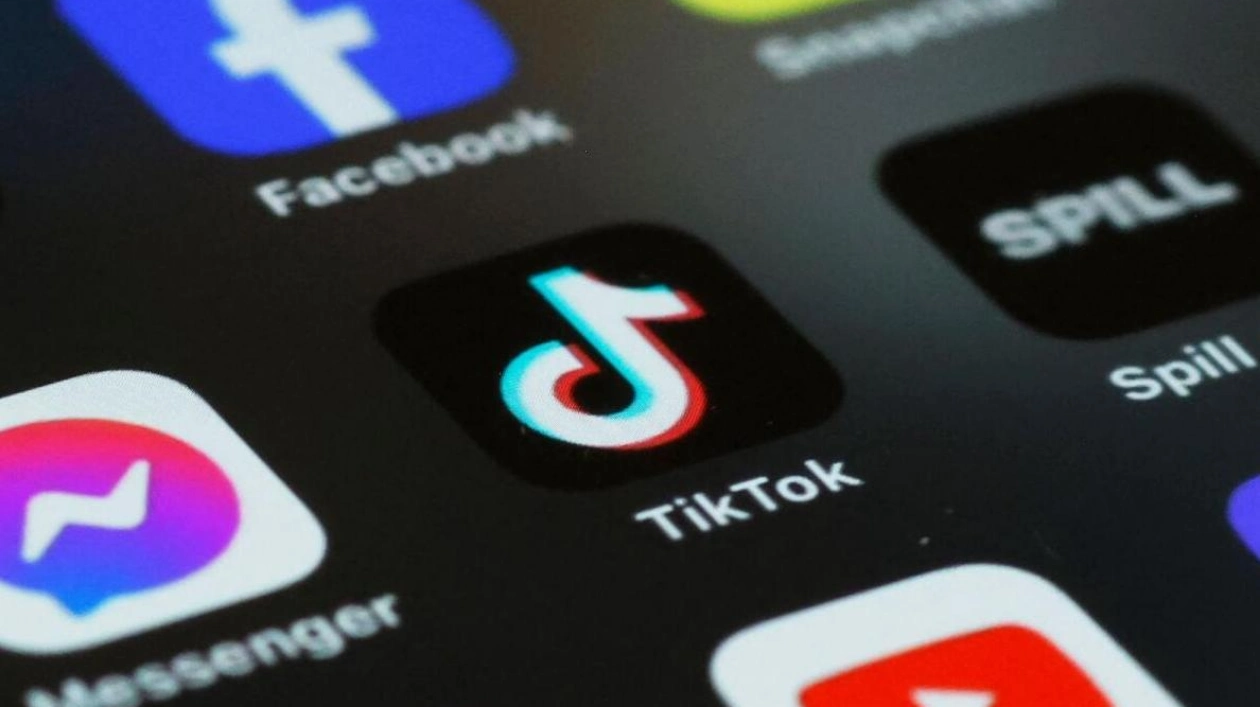As Australia prepares to limit social media usage for teens under the age of 16, the world is abuzz with debates about this pioneering legislation. Khaleej Times sought the opinions of UAE experts on whether such bans actually discourage young users. While some experts supported the ban, others argued it could hinder children’s development. “This is not a simple yes or no question, as the issue is far more intricate,” said Nick Hart, Principal at Horizon English School. “On a spectrum, I would lean towards no rather than yes. We already have age restrictions on social media, but many ignore these with no repercussions. Even if we can prevent children from having social media accounts, we likely cannot control instances where parents allow their children to use their own social media platforms.”
Last week, the Australian government announced an age limit of 16 for social media use, holding platforms accountable for compliance. UAE-based life coach and founder of One Life Coaching, Anne Jackson, believes this move is timely. “Just as we wouldn’t leave children with unrestricted access to harmful substances or risky financial decisions, we shouldn’t rely solely on awareness talks to protect them from social media’s dangers,” she said. “With mounting evidence and hindsight, it’s clear we need a different approach to social media. I hope Australia’s move will be a crucial first step towards a healthier, more mindful approach to youth and technology.”
Child and adolescent specialist psychologist Sarah Maamari from Sage Clinic views social media as a double-edged sword. “For some teens, sharing achievements online brings pride, but negative comments can dent their confidence,” she said. “Conversely, teens who struggle with in-person connections sometimes find supportive communities online, fostering friendships and reducing isolation.” She noted that parents face challenges as social media exposes children to a world beyond their control. “Implementing restrictions often meets resistance, especially when children argue that their friends have no such rules,” she said. “Explaining boundaries in an age-appropriate and clear manner can be difficult. Parents may struggle to convey their concerns about privacy or online safety without frightening their children, leading to frustration on both sides.”
Nick added that the dopamine effect is another challenge. “Social media is designed to capture attention, which can be a stronger behavioral driver than parental directives,” he said. “Peer pressure is also significant. A few children in a group getting phones or social media access can quickly create a strong need for others to follow suit.” He emphasized that social media can be daunting for parents to navigate. “Children quickly develop their own communication channels and language, making it incredibly difficult to monitor their activities, let alone modify their behavior.”
All experts agreed that parents and teachers cannot tackle this issue alone. “No phones in school should be standard,” said Nick. “While schools can play a crucial role in influencing parent and child behavior, their impact beyond school gates is likely minimal.” Sarah suggested parents should lead by example. “Children often mimic observed behaviors; when parents model activities like reading, outdoor pursuits, or mindful screen time, they set a powerful, lasting example,” she said. “Encouraging screen-free activities that promote face-to-face connections, such as sports or hobbies, can help reinforce boundaries.” However, Anne noted that these approaches may not fully counteract social media’s addictive nature. “Teenagers are still developing self-regulation and critical evaluation skills,” she said. “Regulation is essential. By limiting access until a more mature age, we give teens a chance to develop a healthier foundation, similar to how we handle substances or decisions with legal age restrictions.”
Source link: https://www.khaleejtimes.com






